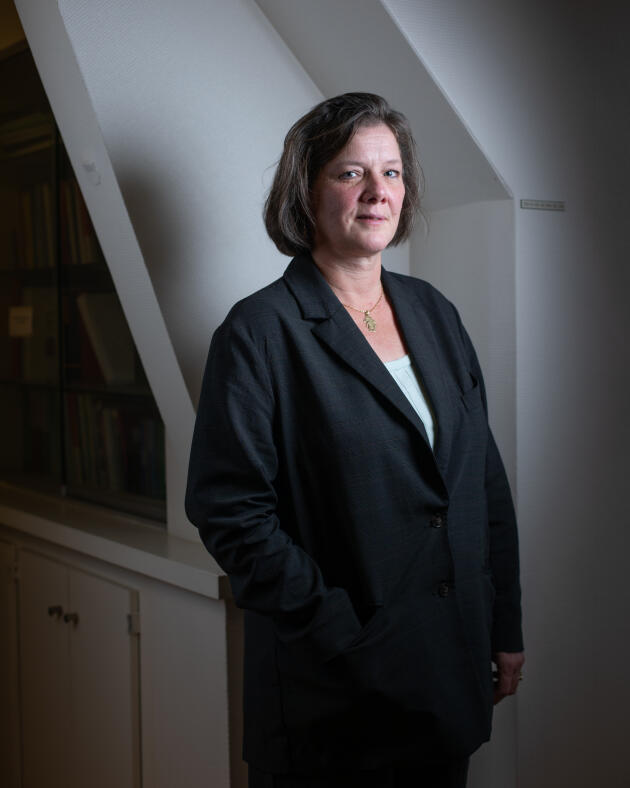

End of life: How healthcare professionals feel about performing euthanasia
Your storiesAs the French government finalizes its end-of-life bill, Le Monde spoke to health professionals who described how their own encounters with patients and personal experiences have shaped their opinion. Some feel like it is their role to grant a patient's request to die, whereas others are opposed to it.
Granting death to patients is a divisive issue among caregivers. With Emmanuel Macron's promised end-of-life bill still pending, Le Monde spoke to a dozen doctors, a psychologist and a nurse. Each talked about their experience, relationships with their patients, personal trials and the reasons why they would – or would not – perform a lethal act. Some said they already had.
These care workers are talking at a particular moment in time: The draft of the bill currently sitting on the president's desk (Le Monde was able to see a version from early October), provides for "aid in dying," the act being "in principle carried out by the person himself." If this person is physically incapable of "self-administering the substance," it also mentions the intervention of a doctor, a nurse or even a relative.
A large number of caregivers who joined forces with the Société Française d'Accompagnement et de Soins Palliatifs (French Society for Support and Palliative Care, SFAP) have argued in recent months that "granting death cannot be care," but other health professionals see it as the "ultimate care." While this article is not a survey on the issue, the following experiences allow us to see it from a health worker's perspective.

"I was there when she closed her eyes," recalled the neurologist Valérie Mesnage, who put Ingrid R. into a deep sleep until she died, in 2018 at Paris's Saint-Antoine Hospital. The patient was suffering from Parkinson's disease, which prevented her from being able to feed herself, and had repeatedly looked the doctor "straight in the eyes" and asked her "to end it all."
Since 2016, under France's Claeys-Leonetti law, any patient has the "right" to request "deep and continuous sedation until death." It is granted if doctors deem the person to have reached the very end of their life, and implemented if the pain is judged unbearable. Ingrid R.'s agony lasted three days. After trying other forms of sedation, Mesnage remembers her "phases of agony" that lasted six or even seven days. "What is the point of this period of prolonged survival, which can be unbearable for loved ones and is even hard to bear for the medical team?" she asked. In her view, and as a specialist in Parkinson's disease, patients must be able "to choose a different end of life."
Her own cousin's ordeal – she died of bone cancer at the age of 30 while suffering "inhuman" pain – had a profound impact on her. As a young doctor of the same age, she was outraged by the medical profession's impotence and even indifference in the face of her "irremediable suffering." She still has the same sense of indignation to this day. Determined to change the law, Mesnage wrote an op-ed published in Le Monde on September 8 and co-signed by around a hundred care professionals, several of whom are quoted in this article. Bearing responsibility for euthanasia would be, she continued, "very difficult from a human standpoint." But what is putting a patient to sleep until death if not a form of "psychic euthanasia, since the relationship of a patient with the world is cut off once and for all? The difference is that we let fate decide his biological death." In both cases, it is the doctor who decides what the "tipping point" is. "And it's this moment that's difficult."
You have 85% of this article left to read. The rest is for subscribers only.
